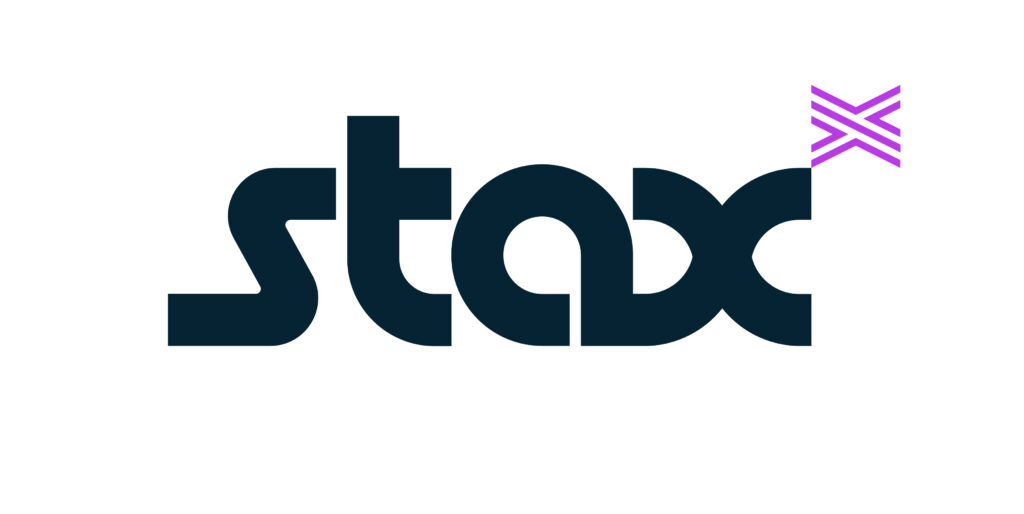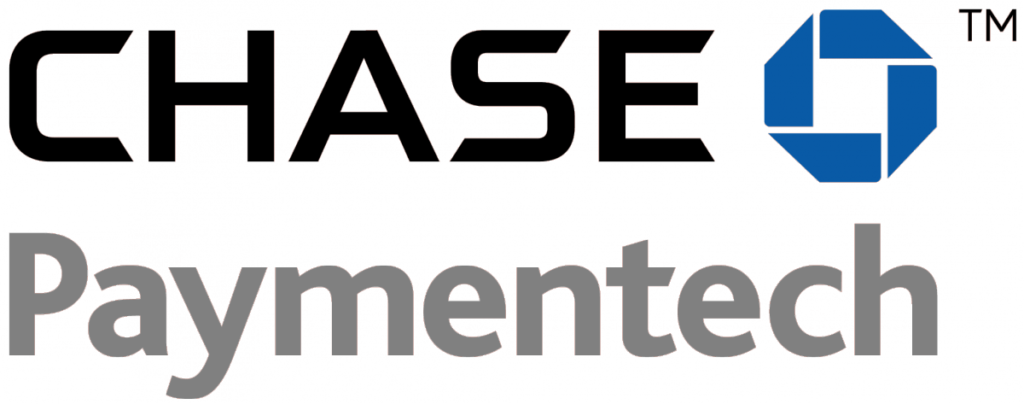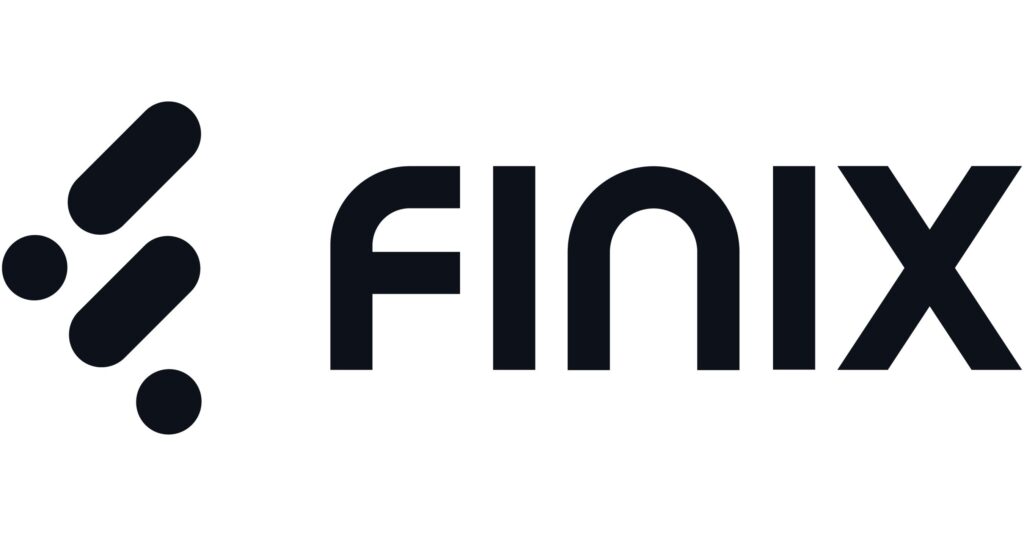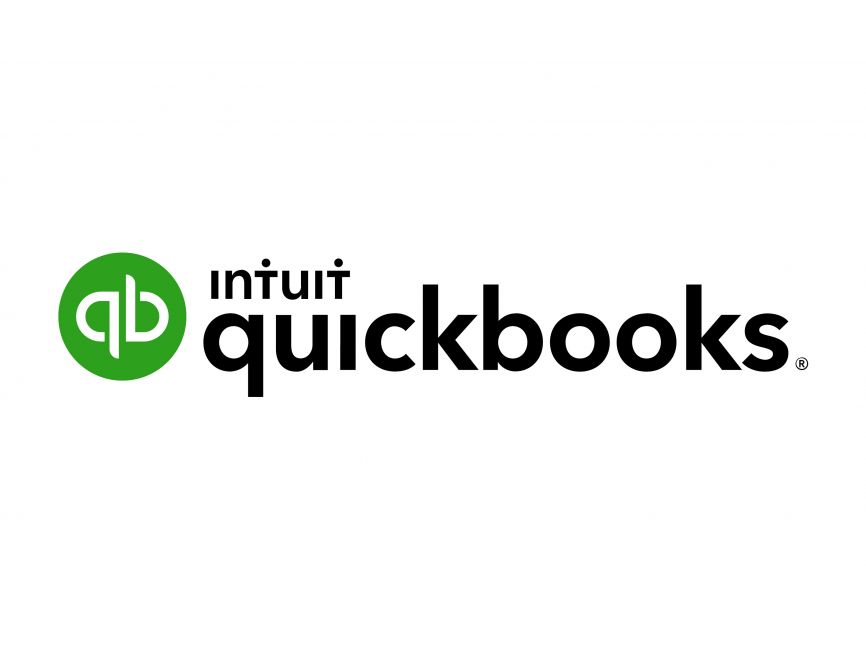Best Merchant Account Services of 2025
Compare top merchant services to find the best fit for your business

Staff Writer
Arorix Editorial Team
Updated: June 20, 2025
1

9.8
EXCELLENT
Best for All-in-One Simplicity
- 2.6% + 10¢ per swipe
- Free POS, no monthly fee
- Recommended For: Under $100K/year
2

9.5
EXCELLENT
Best for Growing Businesses
- Interchange + 0.3% + 8¢
- No fees, rate drops at scale
- Recommended For: $100K–$1M/year
3

9.0
EXCELLENT
Best for High-Volume + Tools
- $199/year Pro Plan
- Compliance tools + dashboard
- Recommended For: $250K–$5M+/year
4

8.8
EXCELLENT
Best for SaaS + Global Sales
- 2.9% + 30¢ per transaction
- No fees, dev tools built-in
- Recommended For: $50K–$50M+/year
5

8.5
EXCELLENT
Best for Funding + Banking
- Custom rates, fees may apply
- Same-day deposits + terminals
- Recommended For: $500K–$10M+/year
6

8.0
EXCELLENT
Best for Mobile Sellers
- 2.29% + 9¢ per swipe
- No monthly fee, instant payouts
- Recommended For: Under $100K/year
7

7.8
EXCELLENT
Best for Transparent Scaling
- Interchange + 0% | $79/month
- Same-day deposits, 24/7 support
- Recommended For: $60K–$1M+/year
8

7.5
EXCELLENT
Best for High Volume
- Interchange + 0% | $79–$99
- Great for consistent processors
- Recommended For: $250K–$1M/year
9

7.0
EXCELLENT
Best for retail & in-person service
- Interchange + 0% | $79–$99
- Retail-ready, U.S. support
- Recommended For: $250K–$1M/year
10

7.0
EXCELLENT
Best for all-in-one payments, invoicing & accounting
- 2.4% + 25¢ per swipe
- Bundled w/ QuickBooks plans
- Recomended For: $50K–$1M/year
Looking for a Complete All-in-One Solution?

9.9
Best Overall Business Launch Solution
- EIN, docs, & custom branding included
- Access to Arorix OS™ business dashboard
- Website, CRM, and automation tools built-in
Best for All-in-One Simplicity
- 2.6% + 10¢ per swipe
- Free POS, no monthly fee
- Recommended For: Under $100K/year
9.8
Best for Growing Businesses
- Interchange + 0.3% + 8¢
- No fees, rate drops at scale
- Recommended For: $100K–$1M/year
3

Best for High-Volume + Tools
- $199/year Pro Plan
- Compliance tools + dashboard
- Recommended For: $250K–$5M+/year
9.0
Best for SaaS + Global Sales
- 2.9% + 30¢ per transaction
- No fees, dev tools built-in
- Recommended For: $50K–$50M+/year
Best for Funding + Banking
- Custom rates, fees may apply
- Same-day deposits + terminals
- Recommended For: $500K–$10M+/year
6

Best for Mobile Sellers
- 2.29% + 9¢ per swipe
- No monthly fee, instant payouts
- Recommended For: Under $100K/year
8.0
7

Best for Transparent Scaling
- Interchange + 0% | $79/month
- Same-day deposits, 24/7 support
- Recommended For: $60K–$1M+/year
7.8
8

Best for High Volume
- Interchange + 0% | $79–$99
- Great for consistent processors
- Recommended For: $250K–$1M/year
7.5
9

Best for retail & in-person service
- Interchange + 0% | $79–$99
- Retail-ready, U.S. support
- Recommended For: $250K–$1M/year
7.0
10

Best for all-in-one payments, invoicing & accounting
- 2.4% + 25¢ per swipe
- Bundled w/ QuickBooks plans
- Recomended For: $50K–$1M/year
7.0
Looking for a Complete All-in-One Solution?

Best Overall Business Launch Solution
- EIN, docs, & custom branding included
- Access to Arorix OS™ business dashboard
- Website, CRM, and automation tools built-in
9.9
QuickBooks Payments only works if you already use QuickBooks—it’s not a standalone processor. But if you’re in their ecosystem, it’s seamless. You can send invoices, take payments, and everything auto-syncs to your books. No third-party tools or manual tracking needed.
If you’re not using QuickBooks, skip it—it won’t integrate with anything else.
What Is a Merchant Account?
A merchant account is a special type of business bank account that lets you accept credit and debit card payments. When a customer pays you, the funds first go into your merchant account before being transferred to your main business bank account—usually within 1–2 business days.
It’s a key part of payment processing for retail, online, and service-based businesses that want to take card payments professionally.
How Does a Merchant Account Work?
When a customer swipes or enters their card, the payment first runs through your POS system or online gateway. From there, your merchant account provider steps in to process the transaction—verifying the details, deducting fees, and clearing the payment.
Once approved, the funds are temporarily held in your merchant account, then transferred to your business bank account—usually within 1 to 2 business days.
Merchant Account vs. Payment Processor
A merchant account is where your card payments land before they move into your business bank account. A payment processor is the system that handles the movement—authorizing the charge, transferring funds, and keeping everything secure.
You need both to accept card payments, but some providers combine them into one service for simplicity.
Merchant Account Service Fee Structures
Merchant accounts come with several types of fees, depending on your provider and how you accept payments:
Transaction Fees: Charged per sale, usually 1.5%–3.5% + a fixed amount (like $0.10–$0.30)
Monthly Fees: Flat service fees to maintain the account, often $10–$30/month
Setup Fees: Some providers charge a one-time fee to open your account
Gateway Fees: If you accept payments online, you may pay $10–$25/month for the gateway
PCI Compliance Fees: Charged annually or monthly to ensure your business meets security standards
Chargeback Fees: $20–$50 per incident if a customer disputes a charge
Early Termination Fees: Charged if you cancel a contract before the term ends
Fee structures can be flat-rate, tiered, or interchange-plus. It’s important to review the pricing model before signing with a provider so you know exactly what you’ll be paying.
Are Merchant Accounts Safe?
Yes, merchant accounts are safe when opened with a trusted provider. They’re designed to handle sensitive payment data and must follow PCI compliance rules, including encryption, tokenization, and secure data storage.
That said, security also depends on you. Use secure payment systems, keep software updated, and actively monitor for fraud. The best providers offer fraud protection and chargeback support to help you stay protected.
Set it up right and manage it smart—your merchant account will be a secure way to accept card payments.
Which Merchant Account Is Best for My Business?
Retail stores: Look for POS support, chip/tap hardware, and low in-person rates
Online businesses: Prioritize fraud tools, fast checkout, and gateway integration
High-risk industries: Choose a provider that works with high-risk merchants and allows chargeback flexibility
Startups: Go with low or no monthly fees and simple approval
High-volume businesses: Interchange-plus pricing saves more as you scale
Pick based on how you take payments and what fees you can manage—don’t overpay for features you won’t use.
Do I Need a Merchant Account If I Use Square or Stripe?
No—you don’t need a separate merchant account with Square, Stripe, or similar all-in-one processors. These platforms combine the payment processor and merchant account into one service, so everything is handled for you behind the scenes.
That means you can start accepting card payments quickly without dealing with separate bank approvals, setup fees, or long contracts. It’s ideal for small businesses, startups, and anyone who wants a simple, fast setup without the extra complexity.





